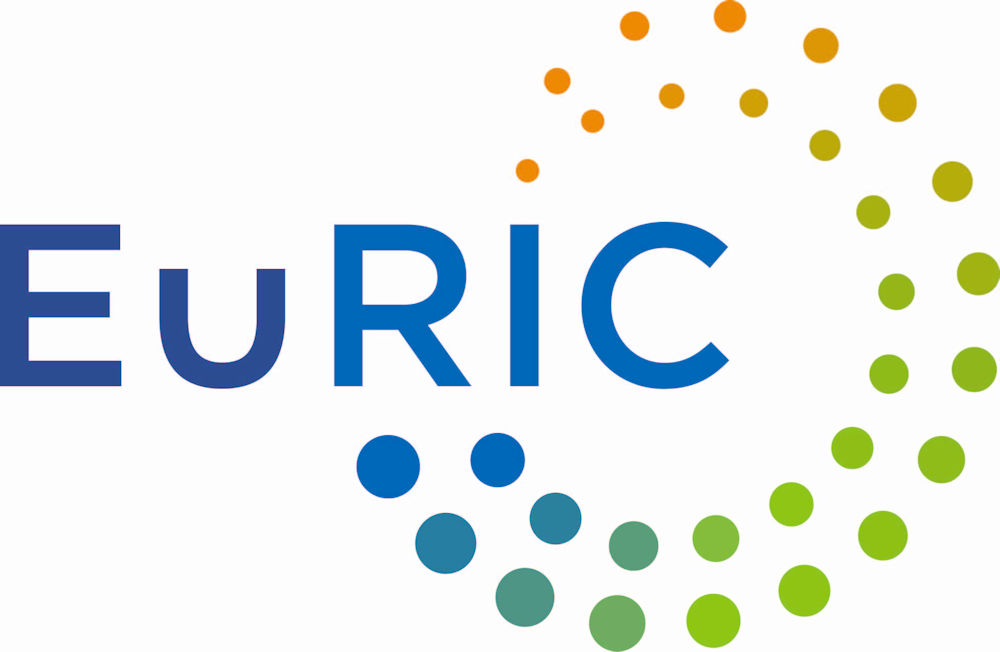TNU and AER (Spanish Association of Recycled Tyres) support the “EU Recyclers’ Manifesto for a Competitive Tyre Recycling Sector,” published by EuRIC, the European Recycling Industries’ Confederation. The document proposes key measures to return valuable raw materials to the circular economy and strengthen the sector’s competitiveness
Current Situation in the European Union
Each year, more than 5 million tonnes of tyres are produced in the EU, of which around 3 million become end-of-life tyres (ELTs).
Thanks to the ban on landfilling tyres, in force since 2006 under the Landfill Directive, the development of modern collection and sorting systems has been encouraged. However, only 50% of ELTs are recycled in Europe. The remaining half is used for energy recovery—meaning that for every tyre recycled, another is incinerated.
Proposals from the Manifesto
The EuRIC manifesto recommends key actions to improve ELT management: set mandatory recycled content targets for tyres and car parts, ban exports of untreated ELTs outside the EU, harmonize End-of-Waste criteria, encourage tyre eco-design, implement a Digital Product Passport for better traceability, and ensure laws support recycled material use. These proposals align with TNU and AER’s support for a circular economy, which includes promoting retreaded tyres, material recovery from ELTs, and new uses for recycled rubber like pyrolysis.
Mechanical Recycling: The Priority Option
Mechanical recycling is the primary method for processing tyres, with shredding preferred over incineration unless recycling is not feasible. Transforming tyres into rubber granules can reduce CO₂ emissions by 58.4% compared to incineration and cut the carbon footprint by up to 95% versus new materials. The Circular Economy Act aims to increase recycled material demand and unify the waste market. Recyclers play a crucial role in advancing the circular economy, cutting emissions, and reducing reliance on virgin resources, thereby supporting the EU’s strategic autonomy and generating both economic and environmental benefits within Europe.
Spain: Challenges and Opportunities
In Spain, all ELTs generated in 2023 were collected, with over 299,000 tonnes processed by the authorised systems. However, use of recycled materials like rubber granules remains low. The main challenge is to ensure these materials are effectively used in industry, public works, and other sectors.
The Automotive Sector Challenge
Although the automotive sector uses 65% of all rubber, it is not required to use recycled rubber. Technological advances now allow at least 10% recycled rubber in new tyres and 20% in OEM automotive rubber parts. EuRIC urges the European Commission to set minimum targets for post-consumer recycled content, backed by existing capacity and technologies like micronized rubber powder.
Eco-Design: Key to Recycling
A key aspect of the manifesto is designing products for recycling, based on strong eco-design standards. With the ESPR effective from July 2024, products in the EU must be sustainable and recyclable by design. For tyres, this means reviewing materials to enable reuse, repair, and recycling. Currently, features like acoustic foams and self-sealing technologies make recycling harder due to low identifiability and increased shredding and fire risks.
Call to Public Authorities
In this context, TNU and AER call on local, regional, national, and European public authorities to:
• Establish tax incentives for the use of recycled materials,
• Support a legal framework that ensures recycled materials have an outlet, value, and recognition in the market,
• Promote reduced VAT rates for recycled materials and products made from them, and
• Back initiatives through Green Public Procurement (GPP).
“The EuRIC manifesto presents clear solutions. It is essential to promote the use of recycled rubber and prevent resources from leaving Europe only to be incinerated. We fully agree on the need to move toward a more coherent and sustainable model,” says TNU.
As a collective extended producer responsibility scheme, TNU will continue working with the sector, public administrations, and national (AER – Spanish Association of Recycled Tyres) and European platforms (such as EuRIC and AZUR – European Retreading Network, among others) to defend a model based on reuse, recycling, and responsible use of raw materials, and to promote policies that prioritise efficient resource use, industrial innovation, and the closing of material loops within the EU.


















